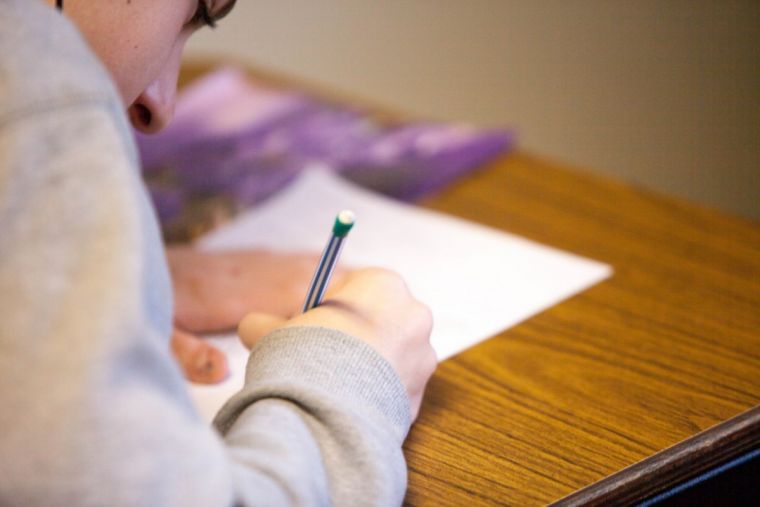Rise in the number of schools ignoring religious education laws

There has been an increase in the number of schools failing to meet UK legal requirements around religious education provision, new research has revealed.
A study by the National Association of Teachers of Religious Education (NATRE) found that almost 40% of community schools without a religious character were failing to meet requirements to provide RE, up from 34% in 2015-16.
Figures among academy schools without a religious character were stable, with around half found to be skipping RE provision at Key Stage 4 - ages 14 to 16.
"This figure has not improved from a similar figure in 2015-16," the report said.
NATRE added, though, that the overall number of secondary academies failing to provide RE had increased by almost 20%, "meaning more pupils are affected."
State schools in the UK are required to provide RE lessons to all pupils, regardless of whether they have chosen the subject as a GCSE.
NATRE's research found, however, that nearly two thirds of students in year 11 (64%) and over half in year 10 (59%) had received no RE at Key Stage 4.
The organisation said that many schools were getting away with making no RE provision because of "failing" accountability structures.
In some cases, where RE was provided, schools reported parents taking steps to remove their children from the lessons.
Nearly a third of respondents told NATRE that some parents had withdrawn pupils from RE in their school.
The study also found that most schools (80%) did not plan to make GCSE RS Short Course entries in the 2018/19 academic year, representing a "rapid" decline from 2012 figures (50%). Sixteen per cent of schools reported no entries at all for the Full Course.
NATRE said the figures revealed a need for the Government to take action and establish a national plan for RE to reverse the decline.
Ben Wood, NATRE Chair, said: "There are so many schools, of every type, primary, secondary, academy, free school, local authority school, big and small, rural, urban, in every part of the country that provide their pupils with excellent RE as part of a broad and balanced curriculum.
"This makes it all the more unacceptable to hear of schools where pupils are not given the access to the religious literacy they need and deserve to support them in our increasingly pluralistic society.
"RE is a vital part of the curriculum, giving pupils the chance to learn about the people in the world around them and providing them with the opportunity to discuss and debate important questions. To deny pupils this chance means pupils are missing a crucial part of their learning, something every pupil in every school is entitled to receive."











